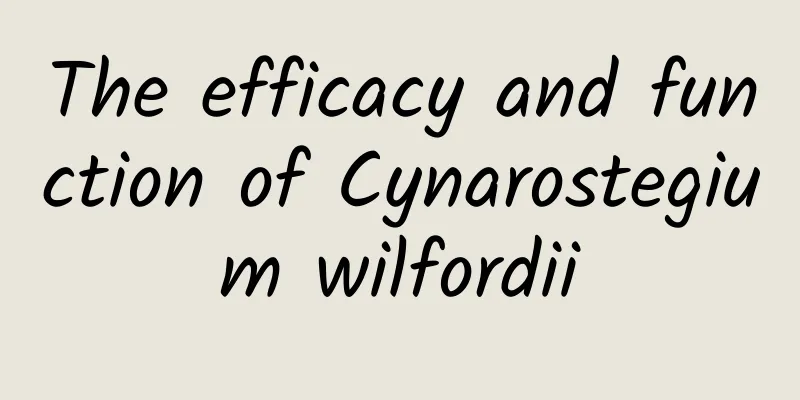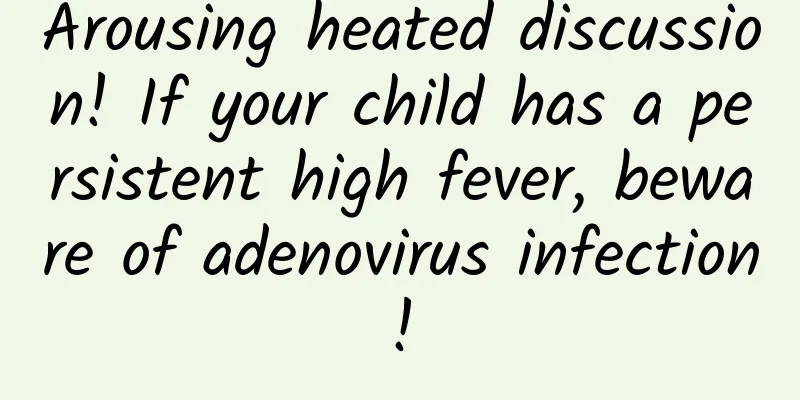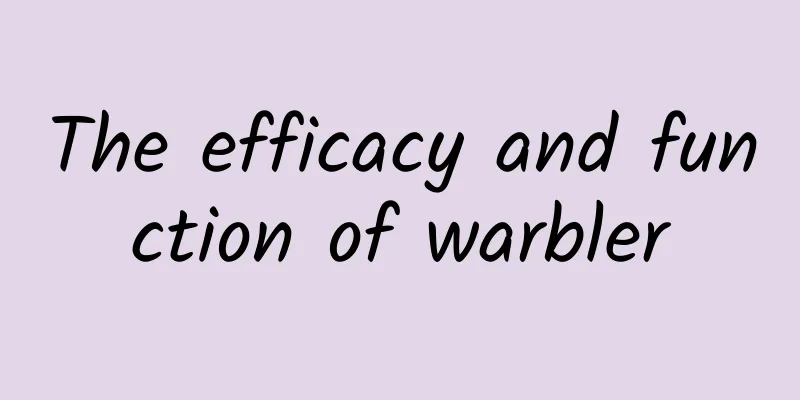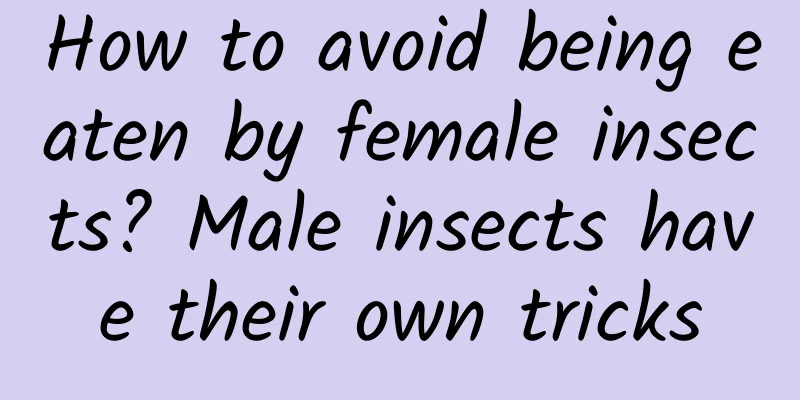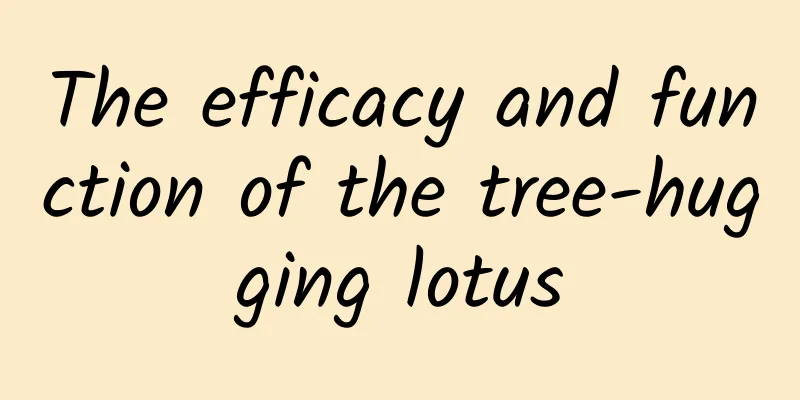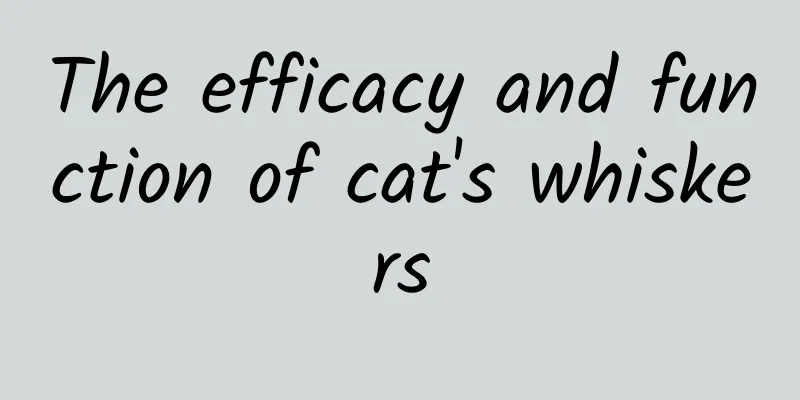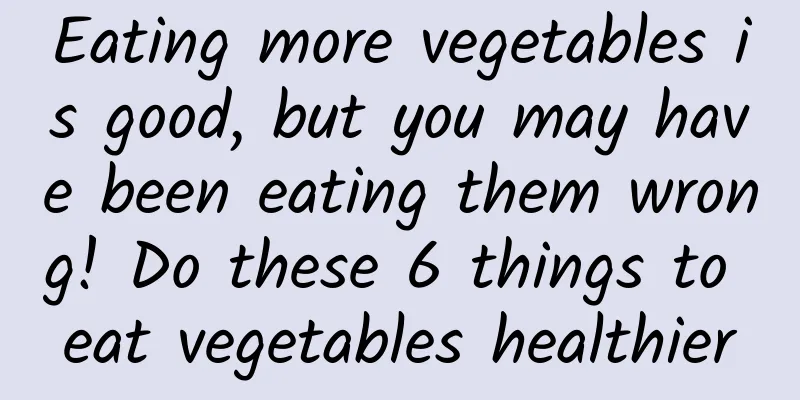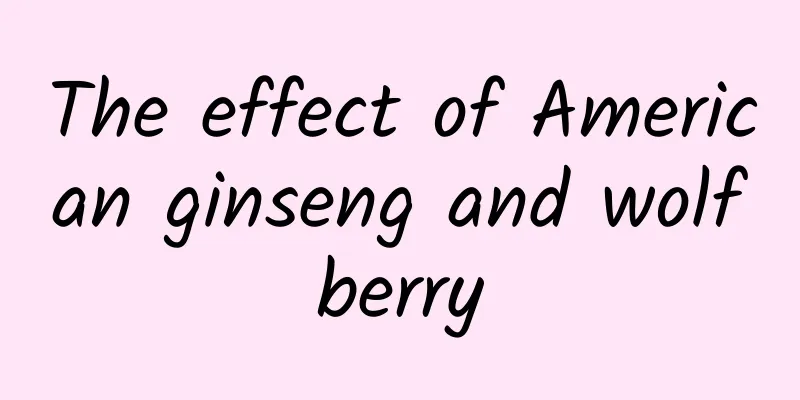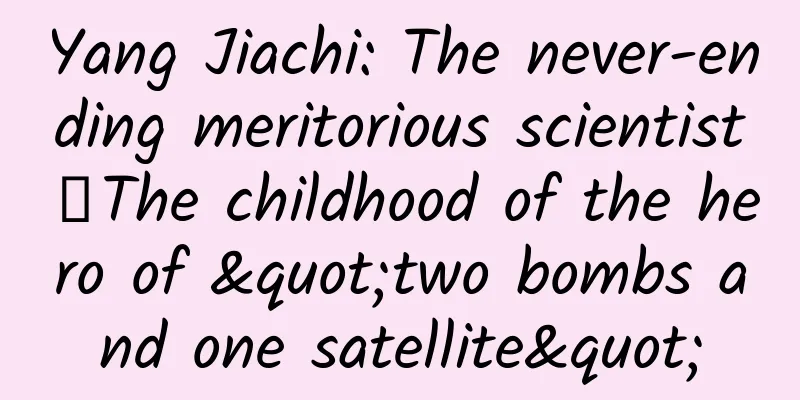Will sending too many emails contribute to global warming? Can sending fewer emails really save the planet?
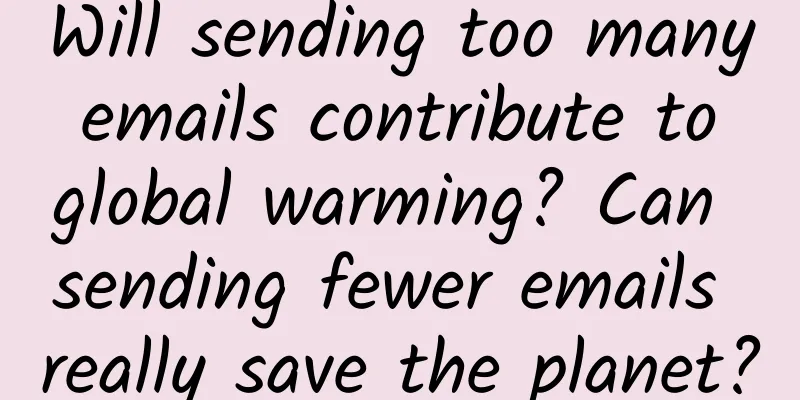
|
Over the past 10 to 20 years, extreme weather has become more frequent, and global temperatures have repeatedly hit new highs... Combating climate change is imminent, and people from all walks of life have stepped forward to offer suggestions for energy conservation and emission reduction. In recent years, a popular environmental protection suggestion has been circulating in Europe and the United States: frequently sending emails will accelerate global warming. If everyone can send one less email, it will have huge environmental benefits. Is this true? Copyright images in the gallery. Reprinting and using them may lead to copyright disputes. Sending an email, or anything else we do online, does create carbon emissions. Take email as an example. After pressing the send button, the email will be converted into a signal and transmitted through a series of hardware such as routers, switches, and servers. These devices all consume electricity. In addition, our mailboxes are usually piled with countless emails, which are actually stored in the service provider's data center for people to retrieve at any time . The act of "storage" itself consumes electricity. Image source: Weibo Given that thermal power generation is still the main source, each email will produce about 4 grams of carbon emissions. If the email contains pictures or attachments, the carbon emissions can reach 50 grams. In a year, the average carbon emissions generated by each person sending emails is 3 to 40 kilograms, which is equivalent to driving a gasoline car 16 to 206 kilometers. For this reason, many politicians have called on the public to send fewer emails with only the words "thank you" or to clean up their mailboxes regularly. Some media have even suggested that attachments in emails can be changed to links, or even simply use SMS services that only produce 0.014 grams of carbon emissions per message... Technological progress is meant to serve humanity. Do we now need to actively go back to the past and embrace less convenient technologies? With this question in mind, some scholars wanted to see the actual effects of "sending fewer emails" and "cleaning up mailboxes". The results showed that not only could they not significantly reduce carbon emissions, they might even increase energy consumption. First, data centers and servers run 24 hours a day, which always consumes a certain amount of basic energy. In addition, the power consumption of sending and storing emails is actually very small. For example, the power used to heat a cup of tea can be used to transmit and store 1,500 1MB emails, so whether or not to send emails has a negligible impact on infrastructure energy consumption. Regardless of whether you use the Internet or not, Wi-Fi is always on 24 hours a day, which consumes power. Secondly, globally, sending and receiving emails only accounts for about 1% of total traffic . In contrast, video streaming services are the biggest, accounting for 82% of total traffic. If we really want to reflect on our online behavior, the target of "crusade" should be "watching videos" rather than "sending emails." Other studies have estimated that 85% of the emails exchanged around the world every day are spam (advertisements, subscription push notifications, etc.). This means that even if everyone stops sending emails, it can only reduce energy consumption by 15% at most, which is a drop in the bucket. More importantly, "environmental protection recommendations" may also increase energy consumption. Assuming that it takes 30 minutes to clean up 1,000 emails, the space saved can reduce the data center's carbon emissions by 5 grams. However, using a computer for 30 minutes will generate more than 5 grams of carbon emissions , and in some areas where the utilization rate of clean energy is relatively low, this number may be five or six times higher. Therefore, the researchers said that if you want to delete emails, please do it simply for the purpose of "clearing storage space" and do not think that this behavior can save the earth. In addition, do not avoid saying "thank you" to others in order to reduce almost negligible carbon emissions, thereby causing unnecessary misunderstandings. Although deleting useless emails has little effect on us as individuals, there is one entity that can generate relatively large environmental benefits if it can actively clean up storage space, and that is large enterprises and large organizations. As the digitalization process accelerates, enterprises and organizations produce a large number of files every day, such as Excel spreadsheets, PPTs, and various materials. Due to the "everything leaves a trace" mentality or simply because of poor management skills, many files that are only used once and will never be used again are piled up in the data center and become "dark data." According to a survey by Business Planning Magazine, 55% of the data centers of major companies and organizations are "dark data" . Although they no longer have any use value, they consume a lot of electricity. If all 16,000 medium-sized data centers in Europe were to optimize their storage space slightly, the electricity saved could power the city of Hamburg, Germany, for an entire year. Therefore, as individuals, we do not need to feel overly guilty about the carbon emissions generated by online activities. Moreover, as consumers, we have already made profits for Internet giants by purchasing or watching advertisements, and they should and are most capable of solving the environmental problems caused by their products. Google said it has begun donating to environmental projects to offset the carbon emissions generated by services such as video sites and email. Amazon Cloud Services also claims that they are trying to make customers aware of the impact of "dark data" and help customers optimize storage space and transfer underutilized data to servers that consume less energy. Finally, if you want to send an email, feel free to do so! References [1]https://www.bbc.com/future/article/20200305-why-your-internet-habits-are-not-as-clean-as-you-think [2]https://www.bbc.com/news/technology-55002423 [3]https://theconversation.com/can-sending-fewer-emails-or-emptying-your-inbox-really-help-fight-climate-change-193822 [4]https://www.sciencedirect.com/science/article/abs/pii/S2352550922002652?via%3Dihub [5]https://volume.lboro.ac.uk/digital-waste-polluting-the-planet/ Planning and production Source: Bringing Science Home (id: steamforkids) Author: Liu Liuqi Editor: Zhong Yanping Proofread by Xu Lailinlin |
>>: What happened to people who took a walk every day? There are so many benefits!
Recommend
Bees crawling all over the curtains, alligators sneaking into the auto repair shop! What should you do if you encounter dangerous wild animals?
last year Wild Asian elephants escape from Xishua...
The efficacy and function of stone crab
There are so many medicinal herbs in the world, a...
Is yellow urine a sign of getting angry?
“You can tolerate feces, but not urine”, although...
The efficacy and function of Salix spinulosa
There are many types of Chinese medicine. When we...
The efficacy and function of wild indigo
Everyone is familiar with wild indigo, but some p...
The efficacy and function of Chinese medicine Huangcen
The Chinese medicine Scutellaria baicalensis is a...
The efficacy and function of mountain orange leaves
Everyone is familiar with mountain citrus leaves....
Effects and functions of ice grass
Chinese medicinal materials are very common, and ...
Do children really grow faster in spring?
Children today are faced with many challenges alo...
How hard have scientists tried to "sneak a peek" at those fat black and white guys?
On March 18, 1978, the Wolong Nature Reserve, the...
Effects and functions of Achyranthes bidentata
There are so many medicinal herbs in the world, a...
Are melamine and clenbuterol food additives? Can we eat additives?
When it comes to food additives, people have grad...
Understand the principles of COVID-19 self-testing in one article!
Mixed Knowledge Specially designed to cure confus...
How B2B Companies Can Start Using Social Media for Marketing
Many B2B CEOs still feel that social media is not...
